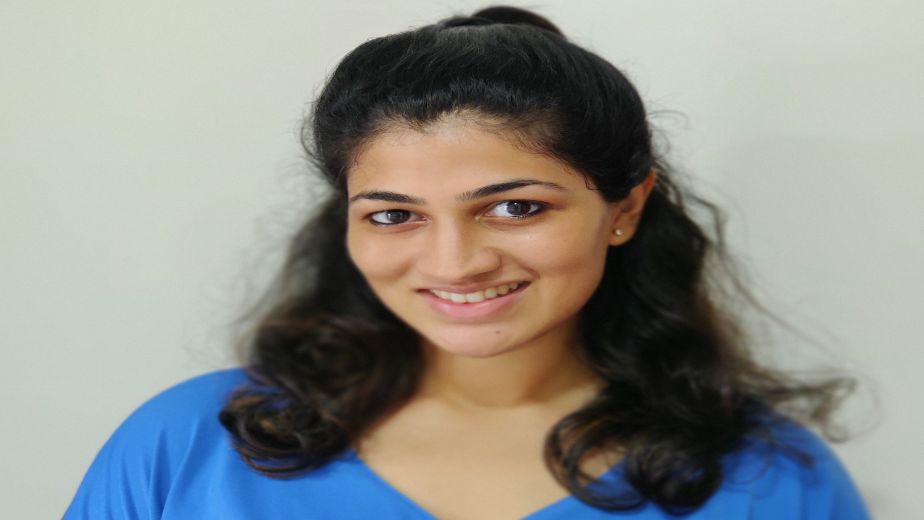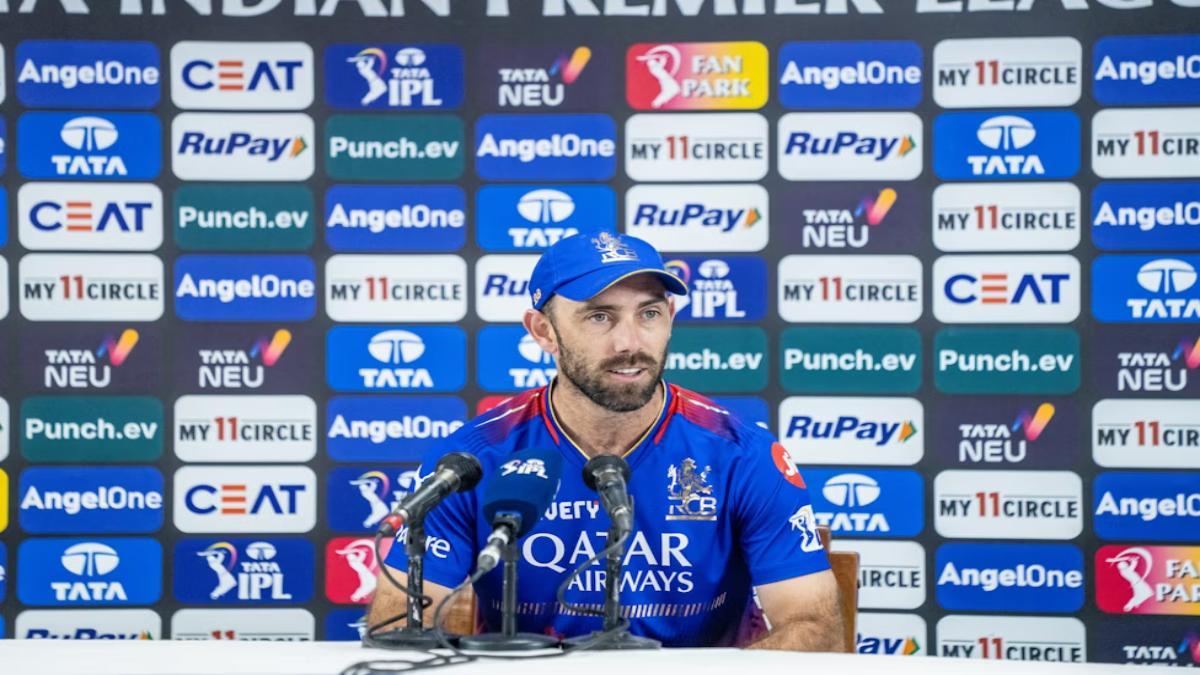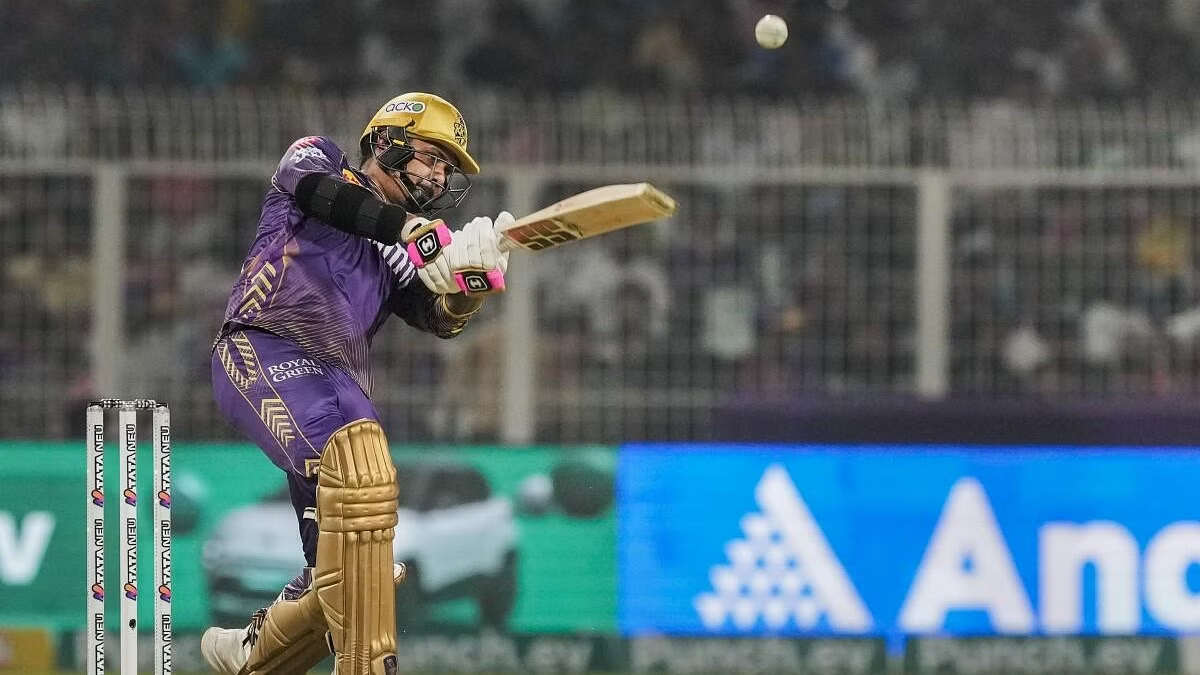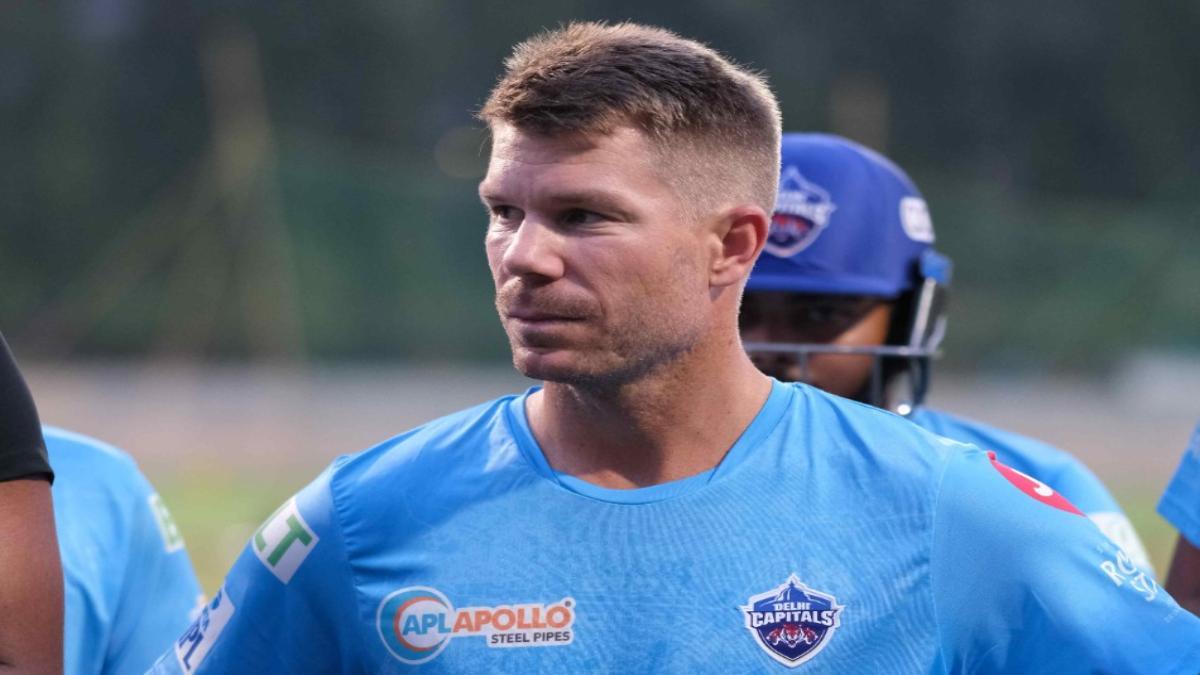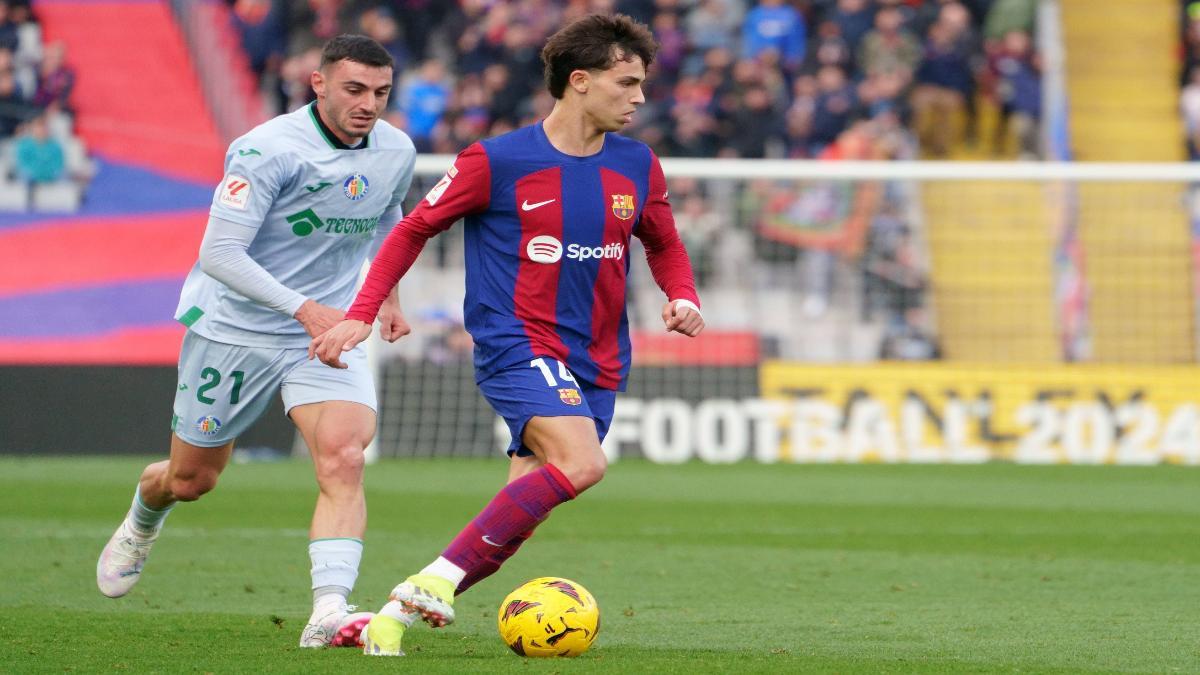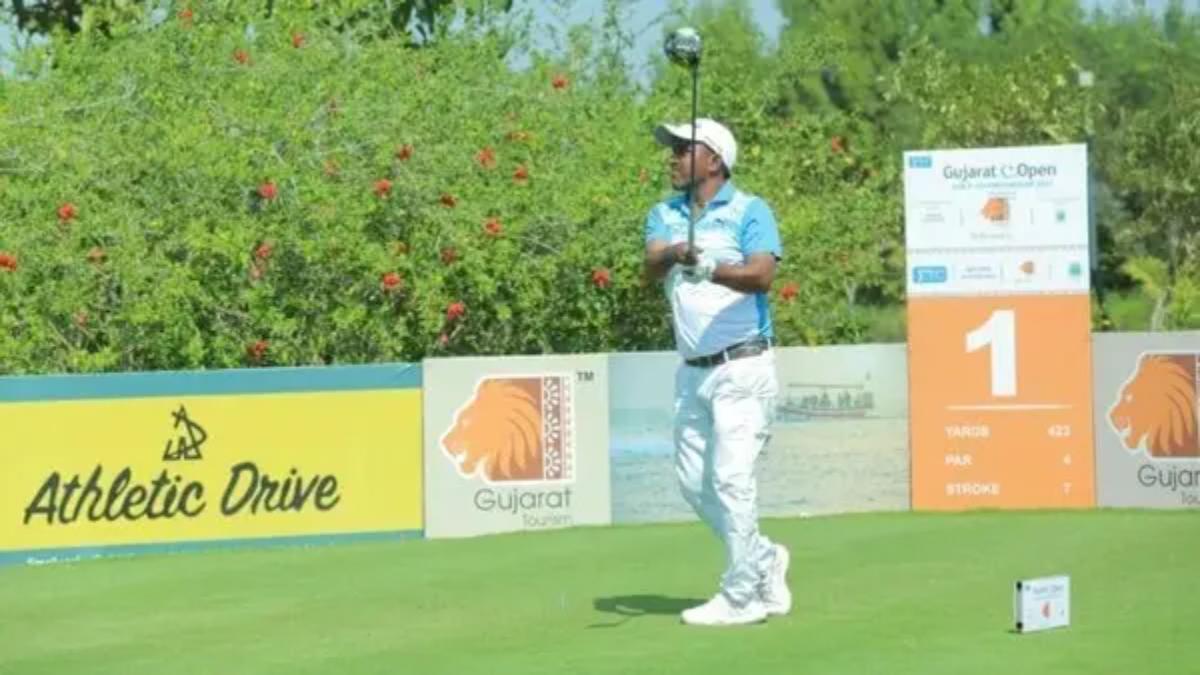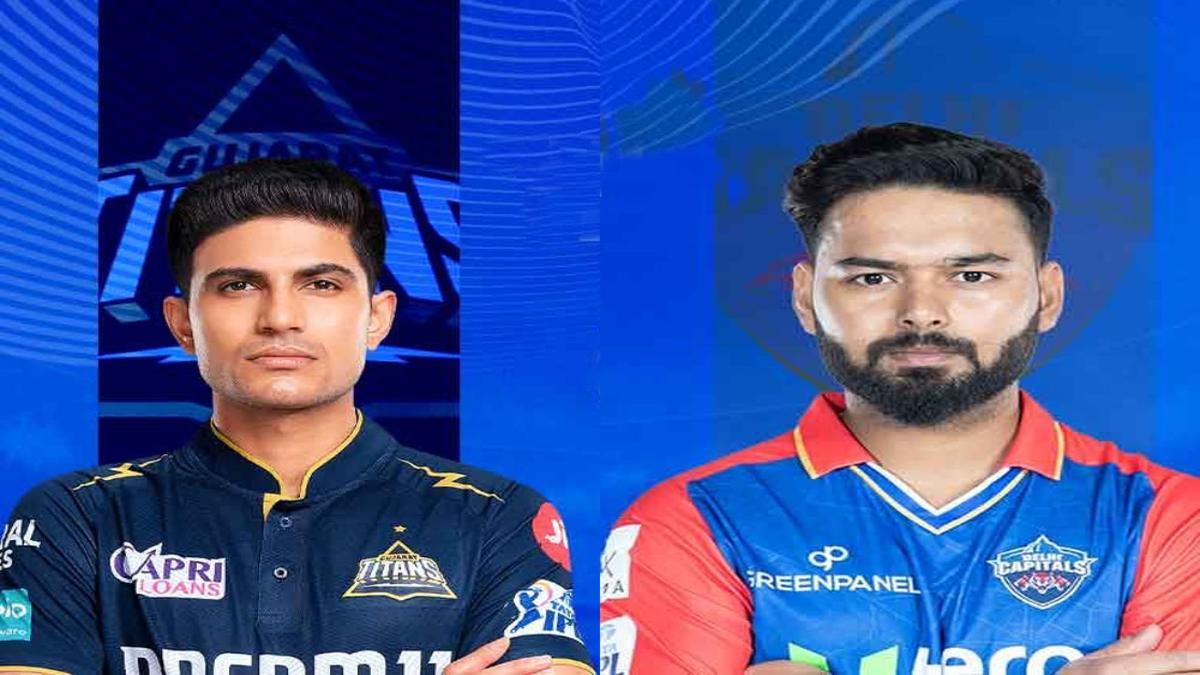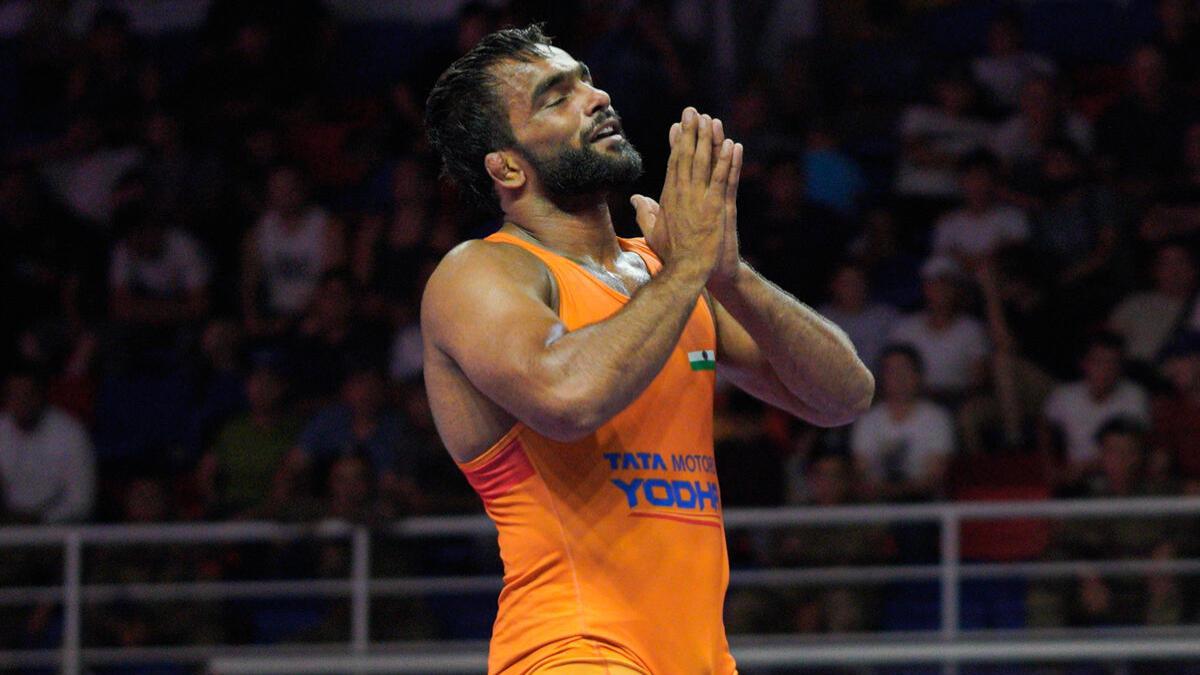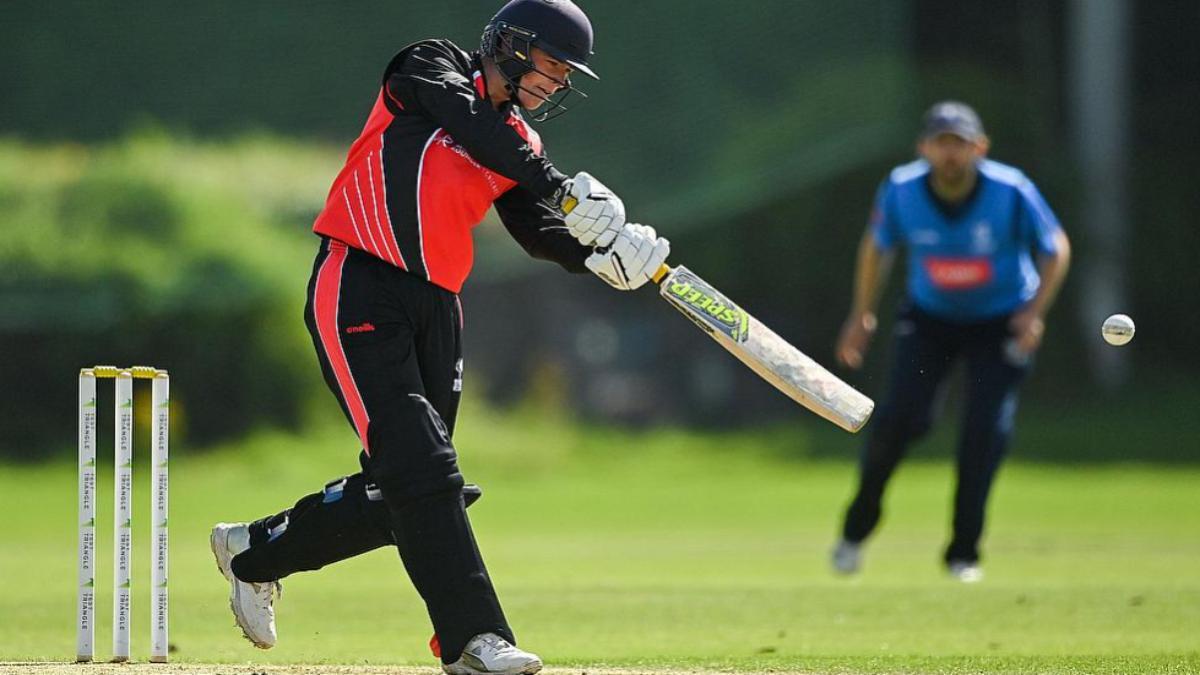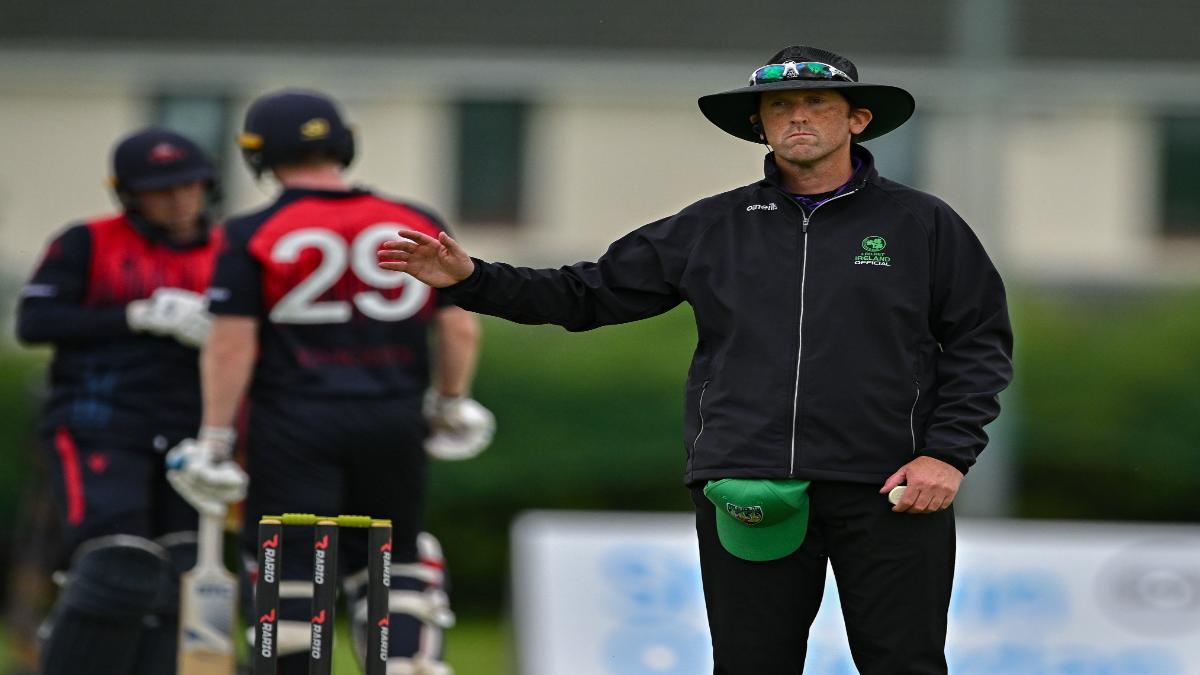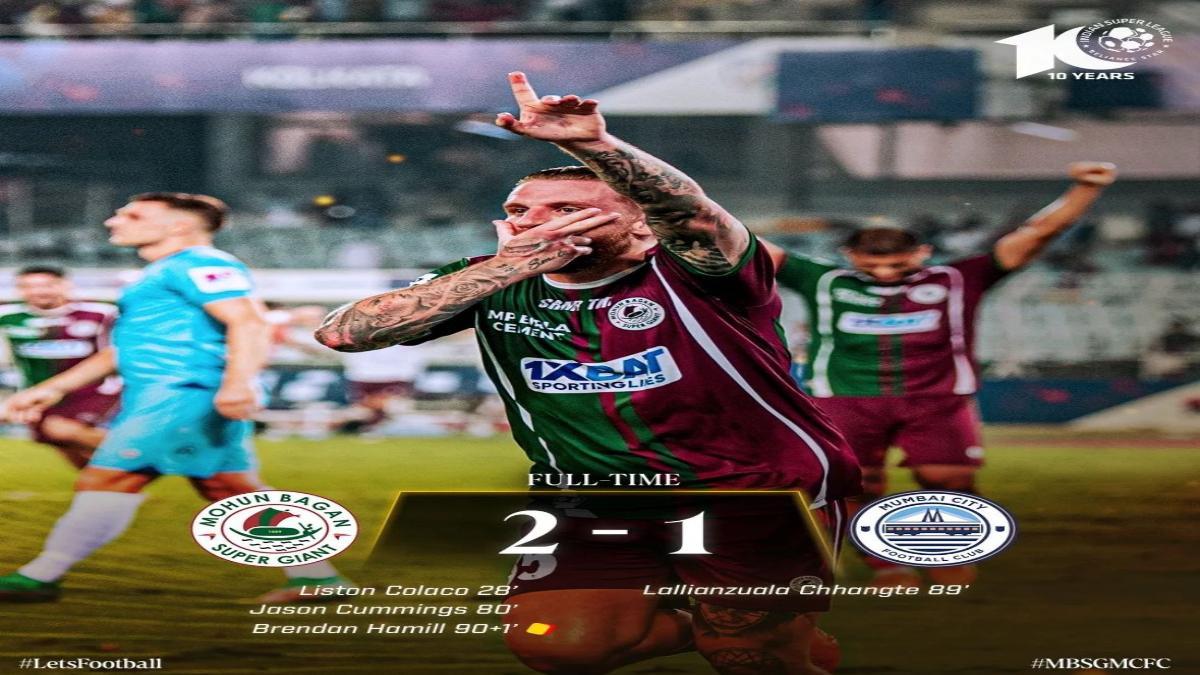Dr. Janki Rajapurkar Deole is the Co-founder and Director at Samiksha Sports with a PhD Sports Science & Psychology (UK), MSc Psychology of Sport & Exercise (UK) and BSc Psychology, Sport & Performance (UK). She has also been a Junior International Tennis player and is currently in the top 50 in the World 35+ Women's Doubles. In this exclusive interview, she speaks about her role and responsibilities at Samiksha Sports, the importance of mental strength for athletes, devising programs for sportspersons and its benefits, her sporting career, future goals and more!
Q 1) As co-founder and Director at Samiksha Sports, tell us about your role and responsibilities?
The responsibilities are to do with running the company internally and externally. The core responsibilities on my shoulders which I try to do everyday include advancing the field of sports psychology in the country. Being the pioneers in the country, we want to take the field forward and make sure that mental training is given to all athletes regardless of the level they play on across India. To advance the field at a larger level is my key role.
Q 2) How important is the mental aspect in getting athletes ready for a big sporting event or overcoming challenges?
I think it is extremely important and one of the key reasons is that before a tournament, athletes can't change too much about their technical and physical ability but the mindset that they have going into a big match or tournament more often than not determines the outcome and results. One aspect is about preparing them for a competition and getting them ready. The second is that you're inevitably going to face obstacles or challenges and that's where mental training plays a crucial role. To recover mentally from poor as well good performances is important. Mental training plays two roles – one is more preventive in nature which prepares you while the other is curative which prepares you to overcome hurdles.
Q 3) What are the programs that you devise for athletes and what are the benefits that athletes gain from those programs?
Mental training pretty much works like sports training. If you start playing you learn the basics first, for example: If it is tennis, you will learn how to play a forehand, a backhand and a serve, then you learn how to build a point before eventually playing matches. Mental training is the same where you build a foundation of mental skills that are required for a competitive sport and then you kind of build up on those. It is also level by level development in a manner. We have a group of psychologists that work with a large number of athletes. Along with that we have launched a mobile application called Samiksha Sports which is where athletes can long in every day, do their mental training according to their requirements and we're also able to track their progress. We use a web application and a mobile application because we feel that technology in today's day and age can amplify the work we want to do. We offer a range of programs not only for athletes but also for coaches and parents of sports kids.
Also read: My aim is to consistently improve as a triathlete: Nupur Shikhare
Q 4) Do you believe that mental strength helps athletes perform better in their careers?
I think a journey an athlete goes through with regards to mental training progresses with age. To begin with, athletes experience a lot of on court and off court incidents. For example, being nervous before the match, winning a match against a lower ranked player or even having a mental breakdown during the game but then tend to progress with past experiences. I generally help athletes who mainly make the transition from junior level to senior level. I would say mental training provides a lot of strength to players and helps them prepare them mentally for any tough situation.
Q 5) How much has your own playing experience helped you in guiding other athletes psychologically in their career?
It is a huge factor because I understand what an athlete goes through. For example, if an athlete is on match point, they are bound to feel nervous so as a coach you understand the emotions the player is going through. Moreover, no matter how much you excel and become elite, you still need to keep your mental calmness. Playing sports yourself helps you appreciate what an athlete goes through emotionally and mentally. As an athlete you tend to take care of yourself but as a sports psychologist you have to think about the players first.
Q 6) What are your future goals? How do you plan to achieve them?
Our goal is to get sports psychology to the same importance as physical training. It is an absolute priority for young athletes because that is where it's absolutely effective. We make sure that sports psychology becomes an everyday culture for every sports athlete. Today we have only a handful of professional psychologists but we can’t cater to the population of growing athletes so we want to change that. We want to be affordable, accessible and approachable to all athletes in India.


